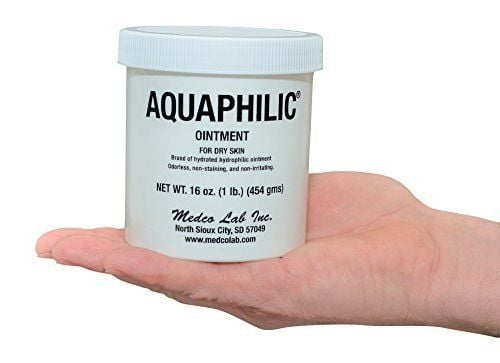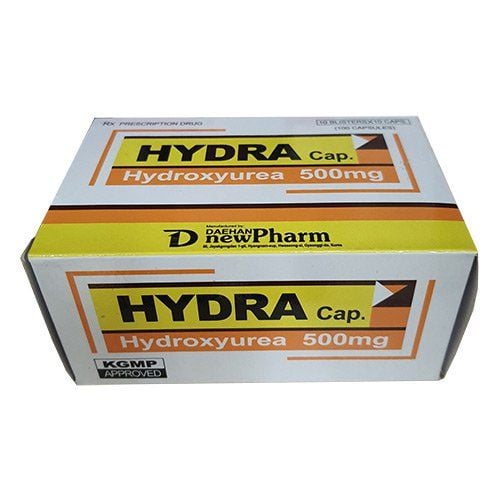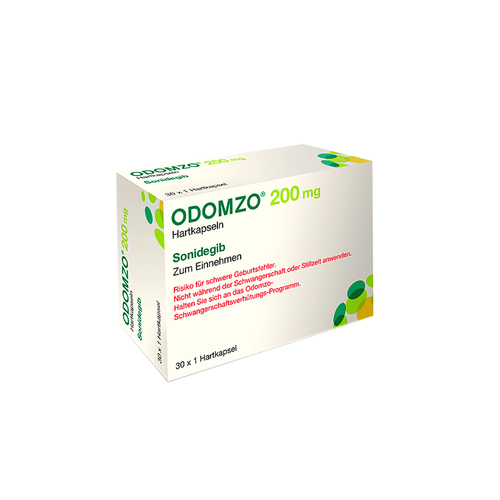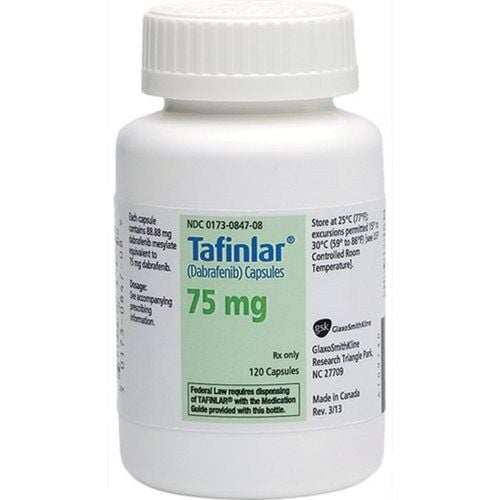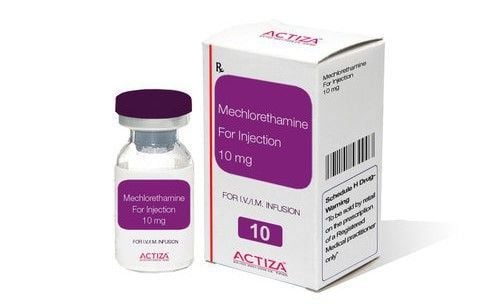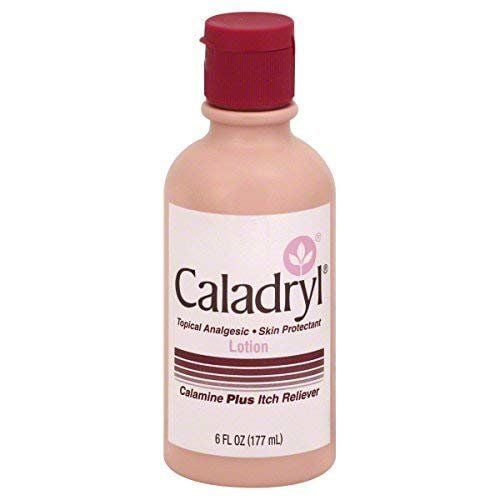This is an automatically translated article.
Between the ages of 60 and 70, the body will undergo a lot of changes, including negative changes in the skin, but that does not mean that you do not have ways to improve the situation. Proper skin care helps to repel the adverse factors and improve the appearance of the skin. If your skin is dry and irritated, proper skin care will make you feel more comfortable.1. Skin changes in the 60s and 70s
Each age, the skin will have a different structure and expression, which is why taking care of the skin according to age is especially important. Therefore, the skin care routine also needs to be flexible to suit the needs of the skin at the moment. It is estimated that between the ages of 60 and 70, the skin will experience significant changes including:
Skin becomes drier Skin becomes thinner and begins to look like paper Skin becomes more itchy Skin develops more age spots, wrinkles. Skin becomes irritated Skin is more prone to skin infections Skin bruises more easily Skin usually sweats less It takes longer to heal skin related ailments
2. Tips for changing skin care from dermatologists
When it comes to skin care in your 60s and older, dermatologists recommend making the following lifestyle changes for the best benefit for your skin and body.
2.1 Shower to relieve dry skin Some simple changes to your bath time can alleviate dry skin, prevent dryness, and reduce severe skin itching. Here's what you can do:
Stop using bar soap. Replace it with a gentle, creamy cleanser that's free of fragrance or emollients. Use warm but not hot water when bathing or washing. Hot water can strip the skin of its natural oils, increasing dryness. Use a soft cloth to clean the skin. Cotton pads or bath brushes can irritate your skin. Shorten bathing time. You may not need to shower every day, and when you do, you only need to shower for a brief period of about 10 minutes in the shower. Gently wipe the water off the skin after bathing, but leave a little water on the skin. Having some water on your skin when you apply your moisturizer will help your skin stay hydrated. Apply a cream-based, fragrance-free moisturizer for dry skin within 3 minutes of bathing and throughout the day. This will help soothe dry skin and restore the skin barrier. A small note in skin care for the elderly, using shower gel in the shower can increase the risk of slips and falls, so it's best to avoid or be more careful when using bath oils.

Quy trình chăm sóc da theo độ tuổi cần thực hiện đúng trình tự
2.2 Environmental humidity factor aids skin care Use a humidifier when you feel the air is getting dry. Heating and air conditioning systems can take away moisture from the air. Dry air can make your skin dry and itchy. Keeping indoor humidity between 45% and 60% can reduce dry and itchy skin. You can easily measure the humidity in the air with a thermometer purchased at a home appliance store.
2.3 Wear gloves when doing housework and gardening Working around the house and in the garden can expose your skin to harsh chemicals, sunlight and other things that can be irritants , making your skin dry. When you wear gloves, you also reduce the risk of skin injury.
2.4 Protect your skin from the sun If you see a lot of wrinkles, age spots, and dark spots on your face, you may be wondering if you need sun protection. are not. The answer is yes. Because you should protect your skin from the harmful effects of the sun and at this stage sunscreen still offers many benefits. It helps prevent new age spots and fades already existing spots on the skin. This also helps relieve dry skin, reduce skin thinning and reduce the risk of developing skin cancer. To protect your skin from the sun's harmful rays, dermatologists recommend:
Apply a broad-spectrum sunscreen with SPF 30 or higher every day. You should apply cream to all areas of skin that will not be covered by clothing when you are out. Seek shade when outdoors, as sunscreen cannot block 100% of the sun's harmful rays. Wear clothes that protect your skin from the sun. To find out if a garment has sun protection, leave it in a bright light. If you can't see the light through, you can protect your skin from the sun. 2.5 Do not use scented body care products. Perfumes and skin care products contain fragrance, which can cause skin irritation. If you use them you run the risk of developing dry and itchy skin.
2.6 See a dermatologist for skin cancer screening Around age 50, the risk of developing skin cancer and pre-cancer increases. The risk of skin cancer increases with age, so it's important to see a dermatologist for a skin cancer screening. Skin cancer that is found early and removed is the only treatment you need, and if the cancer has spread, it becomes more difficult to treat.
2.7 Check Your Skin One of the most important pieces of skin care advice for the elderly in general is to proactively check your skin for signs of skin cancer. Therefore, you should learn how to check your skin for signs that can help you detect skin cancer early.
While proper aged skin care can be helpful, medications, surgery, and health problems can affect your skin. Dermatologists will understand the impact each of these medications has on your skin and can create a treatment plan tailored to your skin's needs. A dermatologist can also help you safely treat skin changes, such as age spots and wrinkles.
Actively taking care of your skin according to age and combined with a scientific diet and exercise during the day will help give you a youthful appearance and minimize age problems.
Please dial HOTLINE for more information or register for an appointment HERE. Download MyVinmec app to make appointments faster and to manage your bookings easily.
Reference source: aad.org



